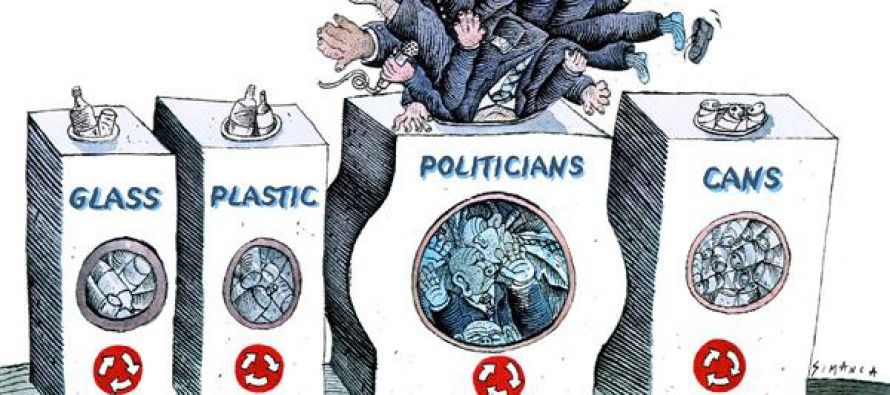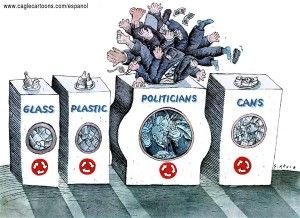Surf City to repeal bag ban

 It doesn’t happen often, but sometimes governments actually repeal bad laws.
It doesn’t happen often, but sometimes governments actually repeal bad laws.
That is happening in Huntington Beach, where, reported the Orange County Register:
the council took the first step to repeal the ban on single-use plastic bags, saying there’s no evidence that it helps the environment and that voters should decide whether to ban the bags.
The council voted 6-1, with Mayor Jill Hardy dissenting, to have city staff draft an ordinance repealing the ban and get a $5,000 environmental impact report on what the repercussions could be, if any, without the ban.
That could be a good omen for the effort to repeal a statewide ban enacted by the Legislature, but currently held up pending the initiative’s fate.
I live in Huntington Beach and went to the local grocery store Thursday and asked for plastic bags. “I’ve been asked that 19 times today,” the checkout clerk replied. “But No. We don’t have them yet.”
I’m looking forward to that day. Then I’ll see fewer cases of an enviro-person bringing in a germ-laden “reusable” bag and contaminating the whole store.
I’m pretty resistant to colds and hadn’t had one for two years until last fall. Then I got three in a row. Was it from the contaminated enviro-bags? It’s impossible to tell.
But…
Sick bags
USA Today reported:
PALM SPRINGS, Calif. — Jamie Norton considered himself an early adopter of reusable shopping bag, keeping them in the trunk of his car so they’re on hand whenever he stops for groceries.
But washing the bags wasn’t part of the routine.
“If it gets too dirty, I just toss it out,” Norton, 61, said as he walked out of Jensen’s grocery store here with one of his bags full of food. “I have never washed a reusable bag.”
Research shows the vast majority of shoppers are like Norton. A 2011 study from scientists at the University of Arizona and Loma Linda University found only 3% of shoppers with multi-use bags said they regularly washed them. The same study found bacteria in 99% of bags tested; half carried coliform bacteria while 8% carried E. coli, an indicator of fecal contamination.
“I classify them as pretty dirty things, like the bottom of your shoes,” said Ryan Sinclair of the Loma Linda University School of Public Health, a co-author of the study.
He is finalizing another study he hopes to publish soon looking at how pathogens spread through grocery stores with the help of reusable bags. The study, conducted at a central California grocery store in early 2013, involved spraying bags with a bacteria not harmful to humans but transported in a similar way to norovirus, a leading cause of gastrointestinal disease linked to more than 19 million illnesses each year in the United States.
The tracer bacteria was detected in high concentrations on shopping carts, at the checkout counter and on food items shoppers had touched but kept on the shelf.
Sinclair said the contamination cycle often began right after shoppers entered the store and placed their bags in the bottom or the baby carrier of a shopping cart, two places notorious for germs.
As my heavily accented Russian teacher used to say back at the Defense Language School in Monterey when an obnoxious Navy student acted up, “That’s dsggguzting!”
Related Articles
Sacto Seeks Riverfront Properties
Katy Grimes: More and more, we seem to be desensitized to the rights of individuals, versus the wants of many.
Skelton Right on Initiative Reform
John Seiler: I was so shocked this morning when I saw George Skelton’s column that I had to read it
LAO Says Zero Out AB 32 Funding
MAY 4, 2011 California’s Global Warming Solutions Act of 2006 is in every sense of the word a landmark piece


